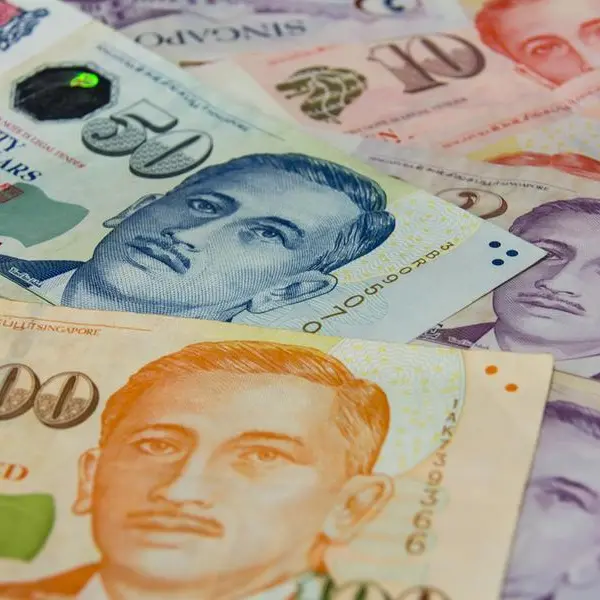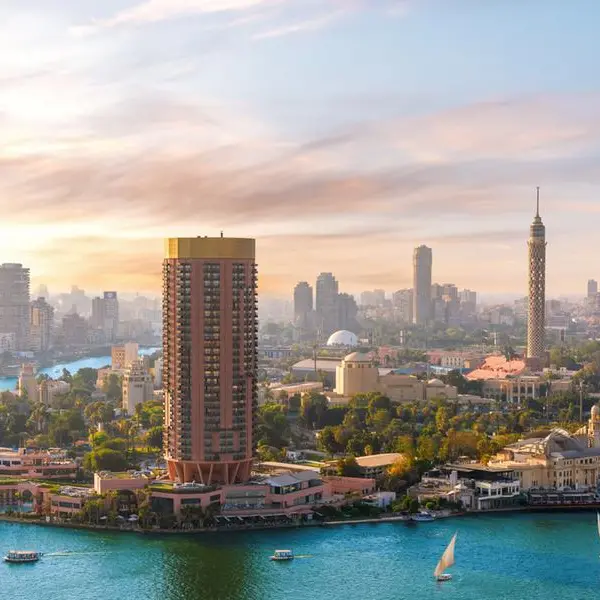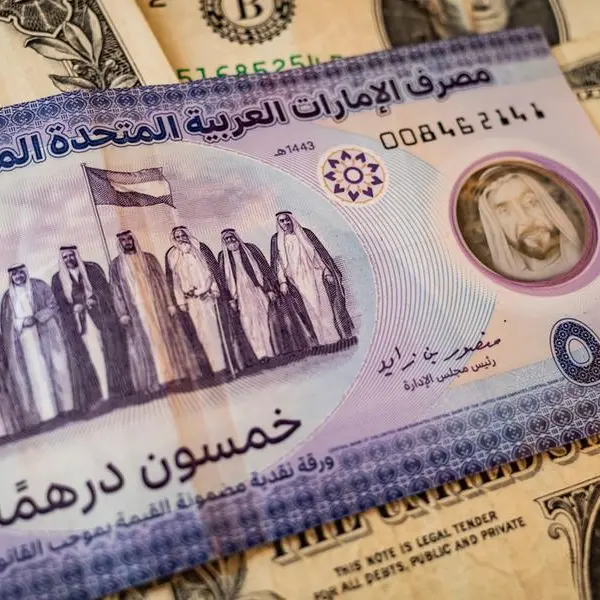PHOTO
UAE and Qatar, among the GCC states, are the best placed to weather softening in oil prices in 2023 as they can maintain external financing surpluses even at lower oil prices, according to a new report from Bank Paribas.
"Qatar and the UAE aside, we estimate the rest of the region would require oil close to $100/barrel (bbl) or above to restore an external financing surplus," Mohamed Abdelmeguid, BNPP Middle East and North Africa economist, said in the report.
The bank sees oil prices softening to 96/bbl on average in 2023, down from $103/bbl in 2022.
"Both Qatar and the UAE can retain external financing surpluses at prices as low as 80/bbl − hence we expect their financing positions to remain comfortable this year."
With oil price at below $80, Saudi Arabia, Kuwait, Oman and Bahrain all would have to revert to financing requirement, implying borrowing needs to finance a fiscal or a current account gap, the report said.
Oil is the key driver of fiscal balance fluctuations. "Every 5/bbl change in the oil price moves the fiscal balance of GCC members by approximately 1.2pp of GDP."
Among the investment grade sovereigns, Saudi Arabia is more sensitive to oil price changes than Qatar and the UAE, while among the high-yield credits, Bahrain is more exposed to such fluctuations than Oman.
Even with some weakness developing in 2023 oil prices, BNPP’s current projections are above the breakeven prices given below for the respective sovereigns:
- Saudi Arabia - $77.2/bbl
- UAE - $46.1/bbl
- Qatar - $46.5/bbl
- Kuwait - (FY23/24) $88.4/bbl
- Oman - $74.6/bbl
- Bahrain - $86.0/bbl
For reference, Brent futures is trading around $87/bbl at the time of writing, according to Refinitiv data.
(Writing by Brinda Darasha; editing by Daniel Luiz)





















